Tag: promo
-
Special elections in two Louisiana legislative districts to be held on Nov. 13
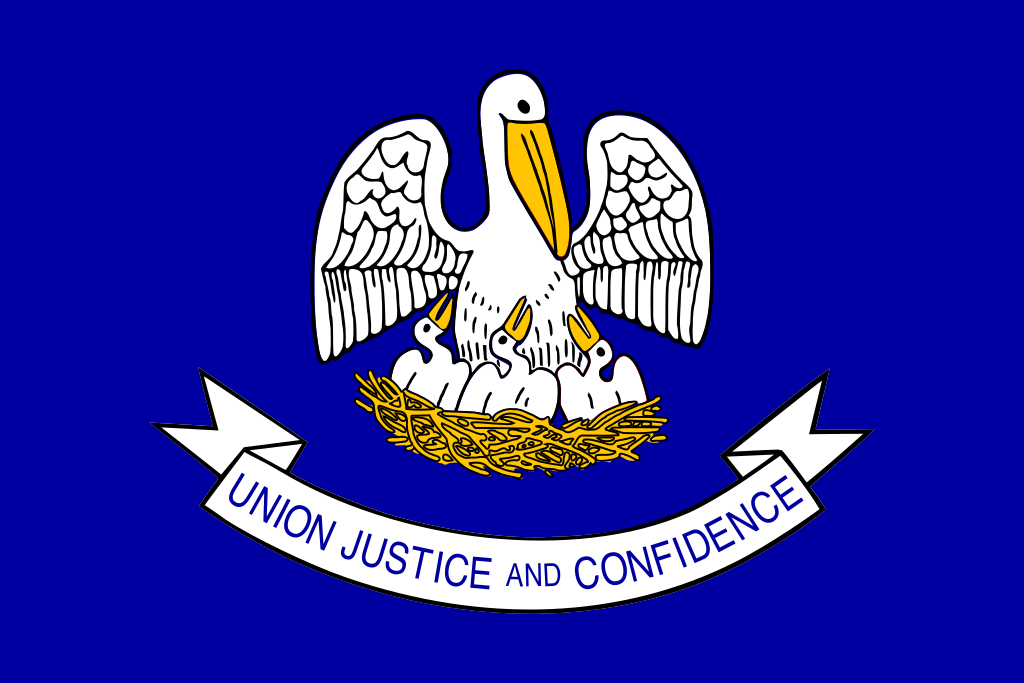
Election officials have scheduled the special elections for the District 16 seat in the Louisiana House of Representatives and the District 27 seat in the Louisiana State Senate for Nov. 13. The seats became vacant after Frederick D. Jones (D) resigned on July 16 after his election to a Louisiana District Court judgeship, and Ronnie…
-
Initiative to repeal Michigan law granting governor emergency powers heads to state legislature
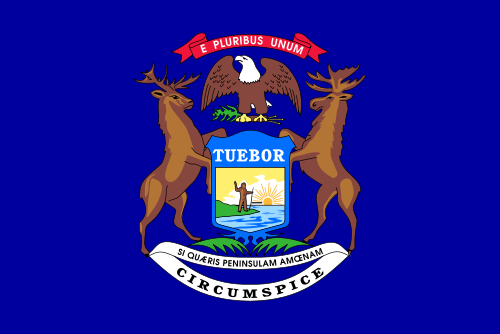
The Michigan State Legislature approved the indirect initiative that repealed the Emergency Powers of Governor Act. On July 15, 2021, the Michigan State Senate voted 20-15 to approve the initiated measure. Senate Republicans voted to pass the initiated measure, and Senate Democrats voted against the proposal. On July 21, 2021, the Michigan House of Representatives voted 60-48 to approve…
-
Louisiana House of Representatives District 102 special election set for Nov. 13

Election officials have scheduled a special election for the District 102 seat in the Louisiana House of Representatives for Nov. 13. The seat became vacant after former incumbent Gary Carter Jr. (D) was elected to the state Senate on June 12. The primary is on Oct. 9, and the filing deadline is on July 16.
-
Connecticut State Senate District 36 special election set for Aug. 17

Election officials have scheduled a special election for the District 36 seat in the Connecticut State Senate for Aug. 17, 2021. The seat became vacant after Alex Kasser (D) resigned on June 22. There is no primary, and candidates will be nominated directly by political parties.
-
Pennsylvania House of Representatives District 113 special election set for Nov. 2
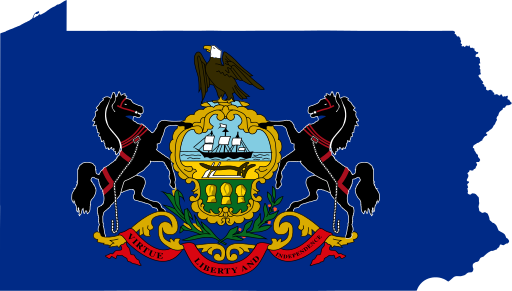
Election officials have scheduled a special election for the District 113 seat in the Pennsylvania House of Representatives for Nov. 2, 2021. The seat became vacant after Martin Flynn (D) was elected to the state Senate on May 18. There is no primary, and candidates will be nominated directly by political parties.
-
Georgia House of Representatives District 34, District 156 special elections set for June 15
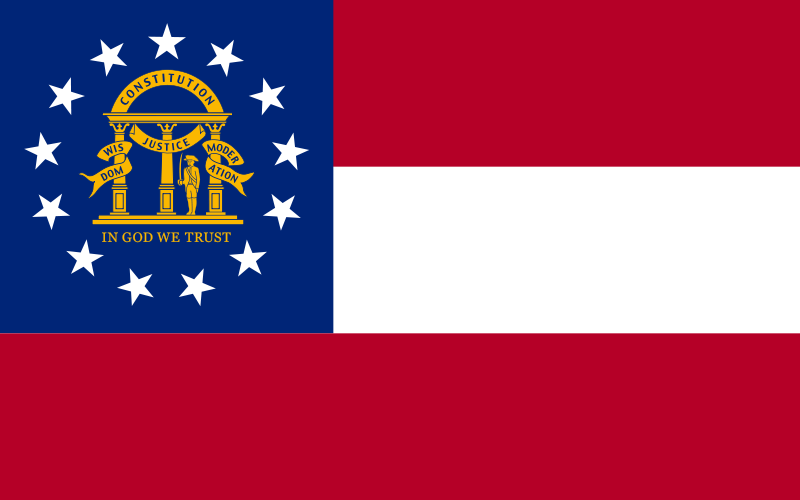
Election officials have scheduled special elections for the District 34 and District 156 seats in the Georgia House of Representatives for June 15, 2021. The District 34 seat became vacant after Bert Reeves (R) resigned on April 30 to become Georgia Institute of Technology’s vice president of university relations. The District 156 seat became vacant…
-
California State Assembly District 18 special election set for Aug. 31
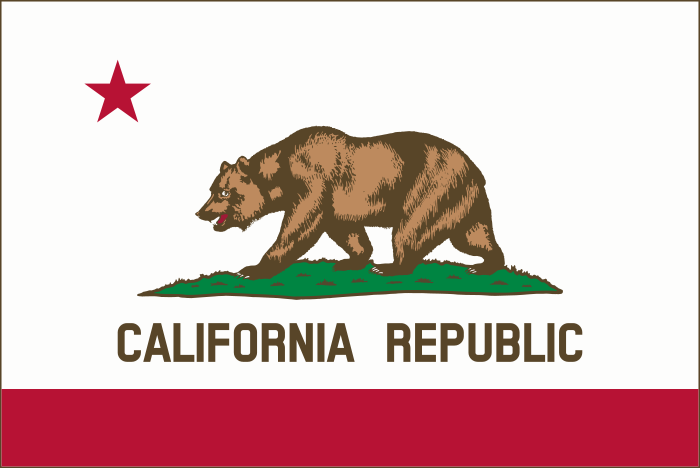
Election officials have scheduled a special election for the District 18 seat in the California State Assembly on Aug. 31, 2021. The seat became vacant after Rob Bonta (D) assumed office as California’s attorney general on April 23. The primary is on June 29, and the filing deadline is on May 6.
-
Louisiana State Senate District 7 special election set for July 10

Election officials have scheduled a special election for the District 7 seat in the Louisiana State Senate for July 10, 2021. The seat became vacant after Troy Carter (D) was elected to the U.S. House to represent Louisiana’s 2nd Congressional District on April 24. The primary is on June 12, and the filing deadline is…
-
Final executive clemency update of Trump presidency
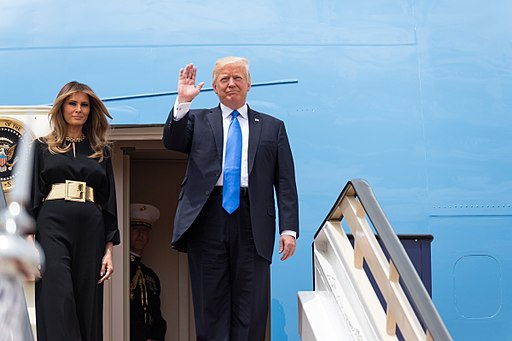
The U.S. Constitution, in Article II, Section 2, grants the president the power of executive clemency. Executive clemency includes the power to pardon, in which the president overturns a federal conviction and restores “an individual to the state of innocence that existed before the conviction.” From 2017-2021, Donald Trump (R) issued 143 pardons and 94 commutations.…
-
Democrats, Republicans each defending eight vulnerable trifectas this year
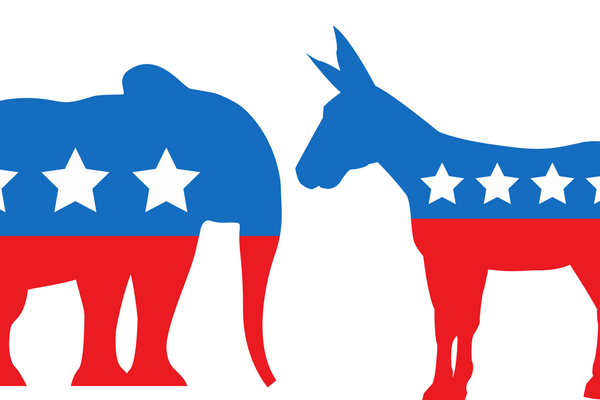
Sixteen state trifectas are vulnerable in 2020, according to Ballotpedia’s trifecta vulnerability rating system. Both major parties will be defending eight trifectas. A state government trifecta occurs when one party holds the governorship and majorities in both chambers of the state legislature. There are currently 21 Republican trifectas and 15 Democratic trifectas. The remaining 14 states…

